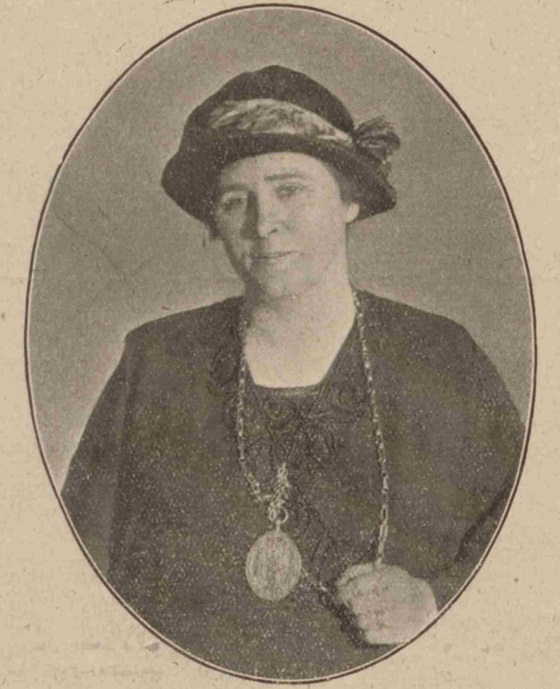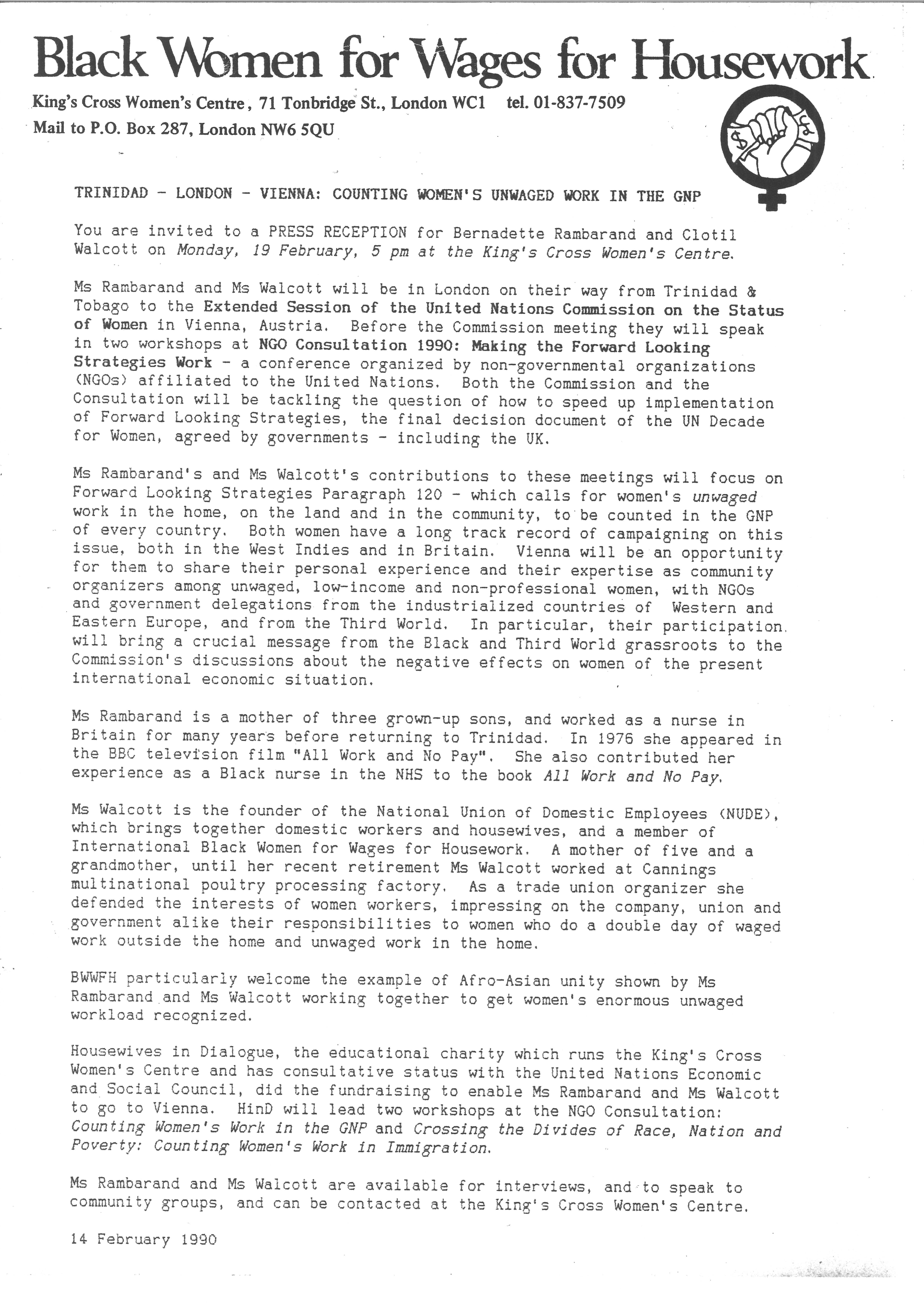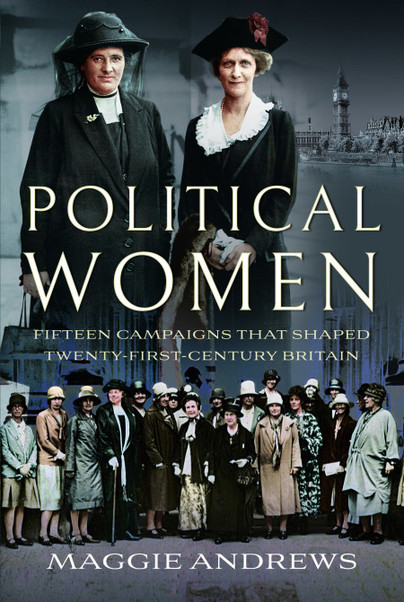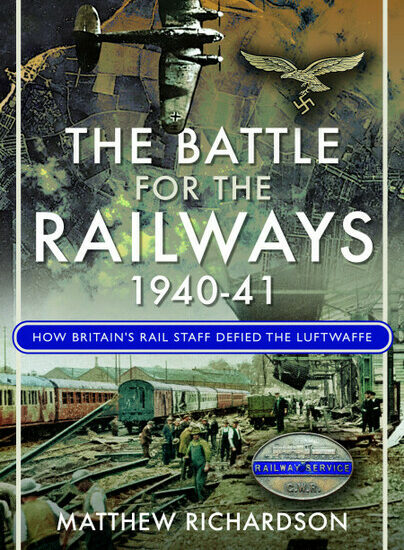Women’s History Month – Maggie Andrews
5 women’s political campaigns which shouldn’t be forgotten
Most of us have heard of the campaign for women’s suffrage at the beginning of the twentieth century, but women they were followed by a multitude of other political battles which shaped life in Britain as we know it today. Here are five which deserve to be remembered.
The Glasgow Rent Strike (1915)
During the First World War, working-class housewives living in overcrowded and cramped tenements in Glasgow were outraged when exploitive landlords raised their rents. Local women held meetings in the streets or back-courts of tenements and initiated rent strikes. By September, 1915 over 20,000 households were participating in the Glasgow rent strike
Housewife, Mary Barbour led the Tenants Defence Association and drummed up support with her inspirational public speaking. Local women, nicknamed ‘Mrs Barbour’s army’ thwarted attempts to evict families for non – payment of rent. Drums, bells, trumpets and notoriously noisy football rattles summoned women bailiffs came. They were drive away and sometimes dumping them in the midden. Empty houses were picketed and new tenants were prevented from moving in. Within months, an anxious government, seeing women in other cities also initiating rent strikes, froze all rents at pre-war levels and passed the Rent and Mortgage Interest Restriction Bill. Women’s action had stopped landlord’s wartime profiteering; but campaigns to address inadequate and unaffordable housing continued for many years.

Campaign for mothers to be entitled to anaesthetic in childbirth
Before the National Health Service was established in 1948, the majority of babies were born at home, but only the wealthy could afford to pay skilled midwives and doctors to look after them. Those with limited means often relied upon the support of untrained midwives, friends, and family. As only doctors were allowed to administer analgesics in childbirth, the vast majority of women gave birth without any pain relief. Lucy Baldwin, the wife of the Conservative prime minister spearheaded the Anaesthetics Appeal Fund in 1929 to change this. She raised funds by hosting entertainments at 10 Downing Street, theatre and cinema gala performances, the sale of flags and stamps, chain letters and even holding an air pageant. Lucy Baldwin’s two broadcast appeals for donations, in 1929 and 1935, discussed what many perceived to be the unseemly topic of the pain of childbirth in a very public forum. The money raised was used to support a number of experimental projects, trials and technological developments, whilst establishing the principal that all women should be able to have analgesics when giving birth, if they wished.

The Housewives Strike (1972)
Over 100 women met in London’s Gate Cinema on Mothers’ day in 1977, impressed by the recent housewives strike in Iceland, the women demanded financial remuneration for their domestic labour. The slogan for the day was ‘when women stop, everything stops’. The meeting heard from Suzie Fleming of the Bristol Wages for Housework Campaign that although flowers and chocolates were all very well housewives wanted more, many were fed up, unable to get any time off even on Mother’s Day. ‘All of us are housewives and mothers – we do the work of mothering other people. We’re tired of doing it for free’ she explained. The Wages for housework Campaign launched five years before and like this meeting brought attention to the physical and emotional work women did as mothers, carers, wives and partners. At the end of the day a giant Mother’s Day card, with 10,000 signatures was delivered to to the Chancellor of the Exchequer at number 11 Downing Street. It requested an improvement to family allowances, the precursor child benefit. In this they were successful, the scheme improved over the next two years for the first time being paid for all children. This helped with high cost of bringing up children and gave mothers control over some money, but it was not wages for housewives.

Prostitutes Sit-in at Holy Cross Church (1982)
In the 1970s many women’s political protests and practical activities attempted to address the problem of violence against women. They set up Women’s Aid refuges and rape crisis centres, organised Reclaim the Night Marches demanding women should be free to walk around safely and sought to change legislation around domestic violence. The activities of Peter Sutcliffe, known as the Yorkshire Ripper, galvanised women from numerous organisations including the London Collection of Prostitutes into further political action, including the ten-day sit-in at Holy Cross church in in the red-light area of King’s Cross, London in 1982.
The women camped in the church, some accompanied by their children, sleeping in blankets and sleeping bags on the cold floor, making each other cups of tea and taking it in turns to illuminate the growing group of interested members of the press outside the church about the protest. They explained their objections to police harassment and violence, and to how the law, welfare system and public treated them. The women wrote letters to the House of Lords and the Greater London Country Council capitalizing on the publicity their campaign received, helping to change institutional practice, laws and attitudes which have come to condemn violence to any women.
The Campaign for Equal Pay for Equal Value (1988)
Neither the introduction of the Equal Pay Act (1970) or the Sex Discrimination Act (1975) heralded a new era of equality for women in the workplace, as Julie Hayward, who worked Cammell Laird shipyard in Liverpool discovered when she completed her apprenticeship in the 1980s. Unlike other apprentices at the shipyard she did not receive an increase in pay on passing her assessments and gaining City and Guild qualifications because her work was not considered as skilled as work done by men did in the company.
Backed by the GMB Union, the Equal Opportunities Commission and many of her male colleagues, she took a case to first an industrial tribunal and then two higher courts arguing that the work she did in the kitchens as a chef, was equivalent to that of skilled men working in the shipyards. In 1988, her case reached the House of Lords and after two days of legal arguments, and several months waiting for a judgement, the Law Lords made their unanimous ruling in Julie’s favour. Thanks to Julie and others who battled through the courts for equal pay for equal value, by the end of the twentieth century the gender pay gap was reducing.

Order your copy of Political Women here.

